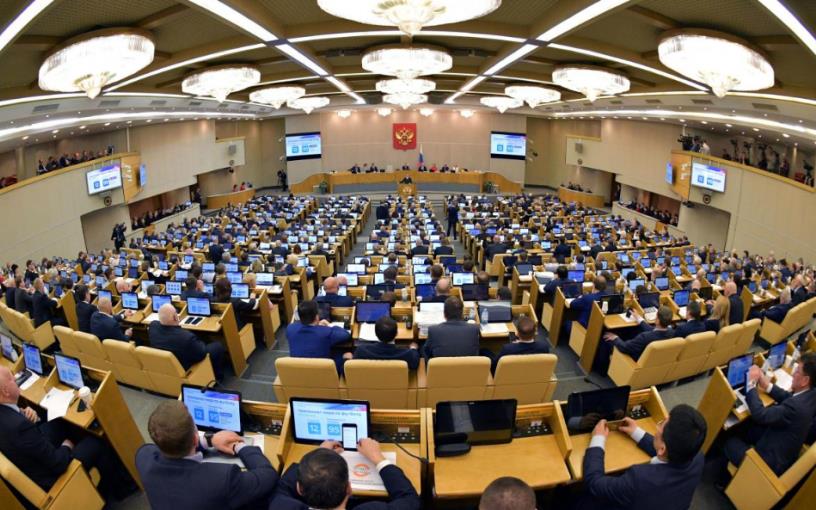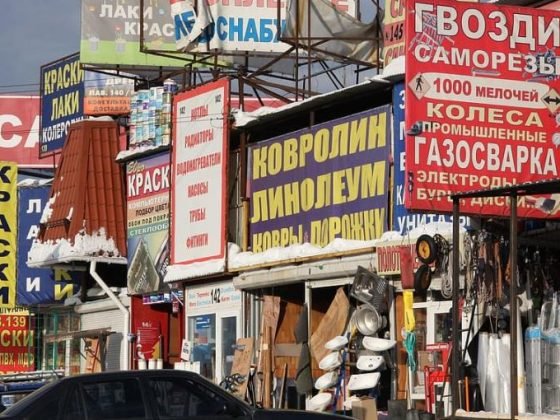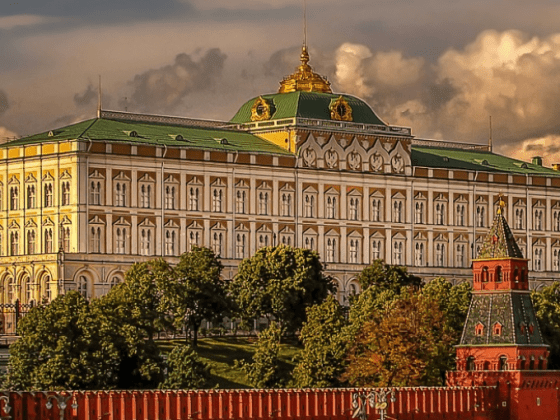(Russian Politics) The articles in this issue explore the longer-term implications of Russia’s 2020 Constitutional Reform process. Assessing constitutional change from different theoretical and empirical approaches, these authors find that the constitution largely codified the status-quo as it had evolved over the past decade. The resulting institutional changes solidified the personalist political system that concentrates power in one leader. These reforms also created new mechanisms to preclude elite defection and generate societal quiescence. At the same time, the three-staged reform process that included formal adoption, national vote, and legal reconciliation, introduced new political risk by raising societal expectations, reinforcing cleavages through patriotic legitimization strategies, introducing new rigid structures, and relying on personalism and networks over institutional governance. These risks do not predict state failure but they suggest new challenges that will continue to shape Russian political development.
Between January and July 2020, much of the discussion of Russia’s constitutional reform focused on its implications for President Vladimir Putin’s political fate. The new constitutional structure includes a provision that would “zero out” Putin’s political history and allow him to evade term limits, and if re-elected, to remain in office until 2036. The new governing structures also offer Putin an alternative position: a strong non-elected position as Chairman of the newly defined State Council. This flexibility is a hallmark of the Putin regime: the capacity to adjust if the political context precludes a predictable path. Yet, while provisions are critical for Russia’s political future, they are also just a small part of the changes that were introduced in 206 amendments to 41 articles, and five new articles. […]
Read More © Russian Politics (Brill)
Contents
Russia’s 2020 Constitutional Reform: The Politics of Institutionalizing the Status-Quo
William E. Pomeranz and Regina Smyth
Putin’s 2020 Constitutional Amendments: What Changed? What Remained the Same?
William E. Pomeranz
What Changes for the Constitutional Court with the New Russian Constitution?
Ivan S. Grigoriev
Institutionalizing Personalism: The Russian Presidency after Constitutional Changes
Fabian Burkhardt
Constitution, Authoritarianism, and Bad Governance: The Case of Russia
Vladimir Gel’man
Constitutional Reform and the Value of Social Citizenship
Regina Smyth and Sarah Wilson Sokhey
Patriotic Legitimation and Everyday Patriotism in Russia’s Constitutional Reform
J. Paul Goode
From Constitution to Law: Implementing the 2020 Russian Constitutional Changes
Ben Noble and Nikolay Petrov











